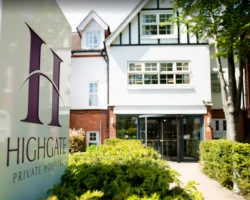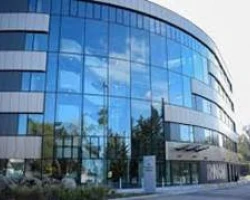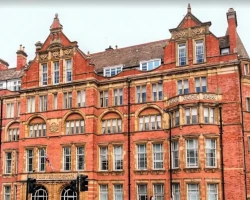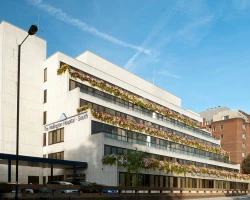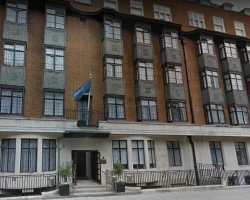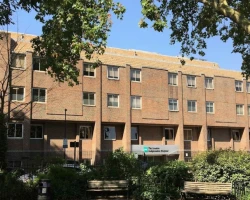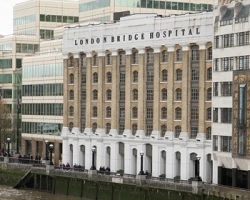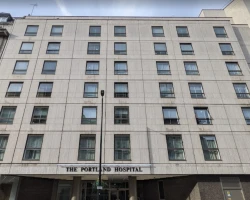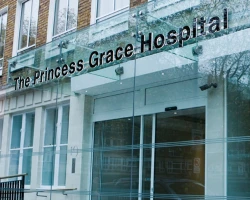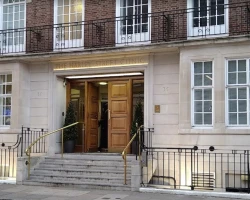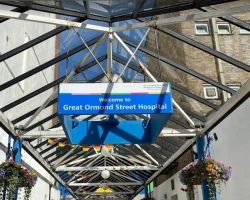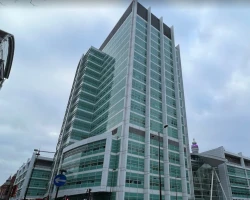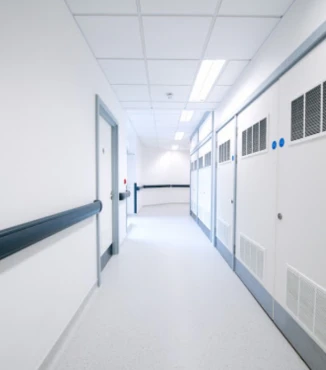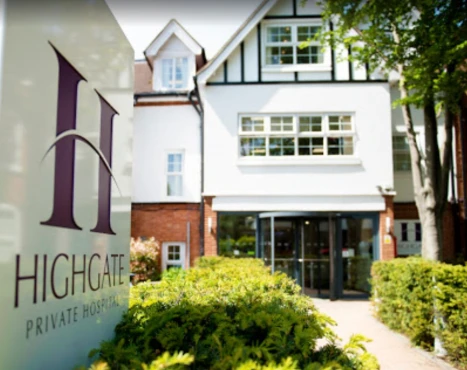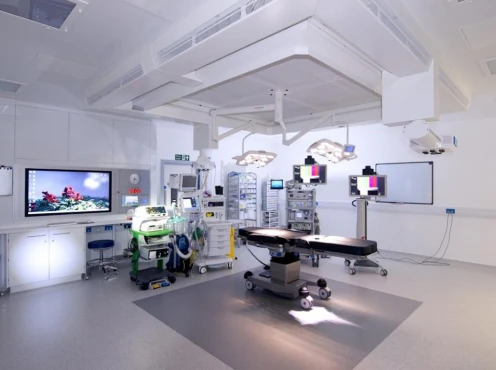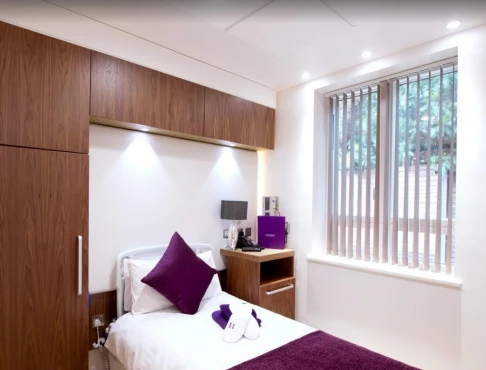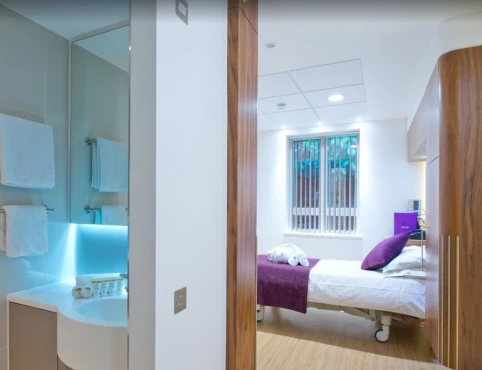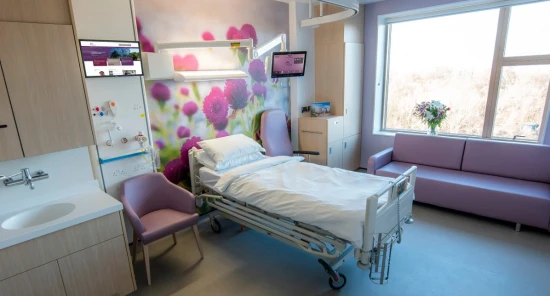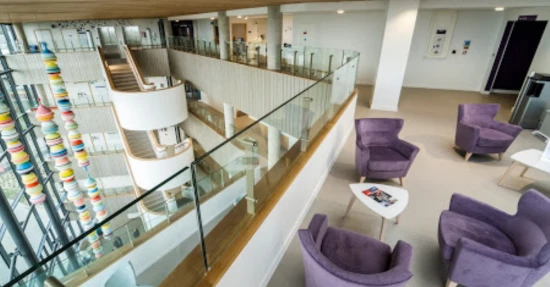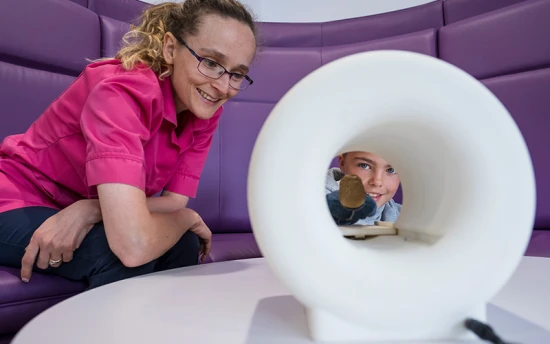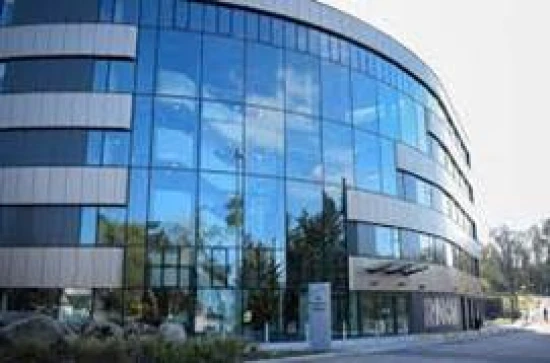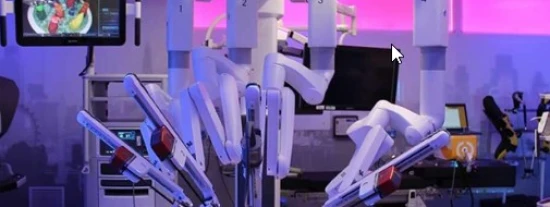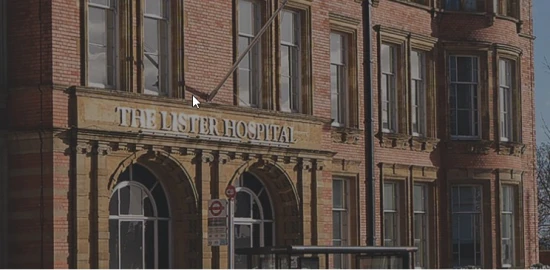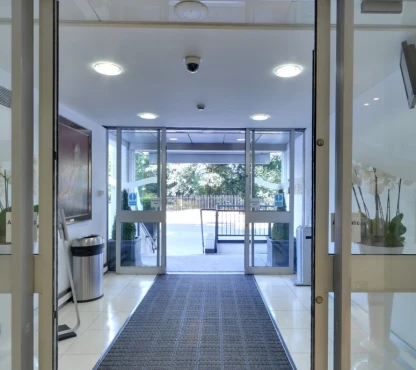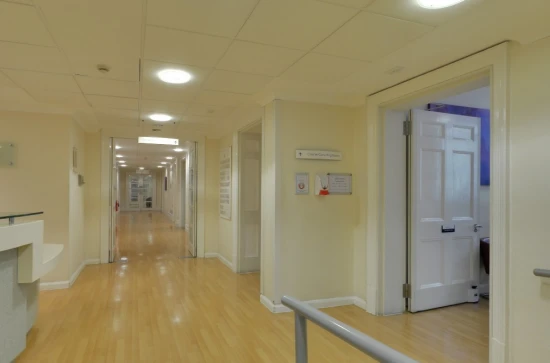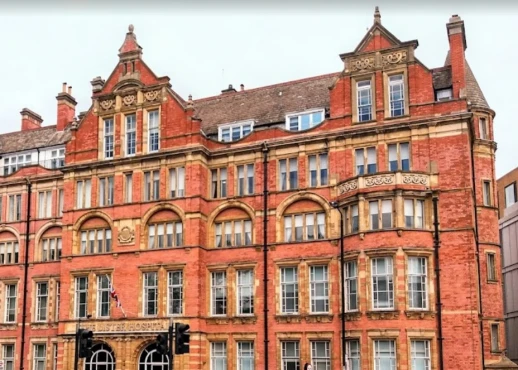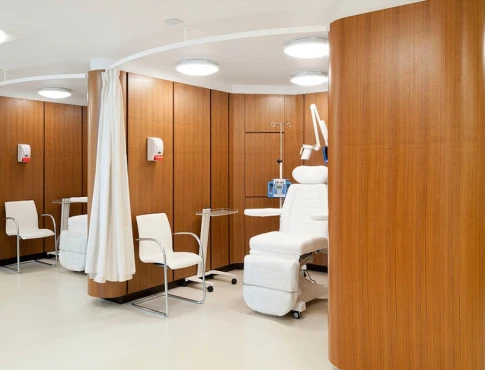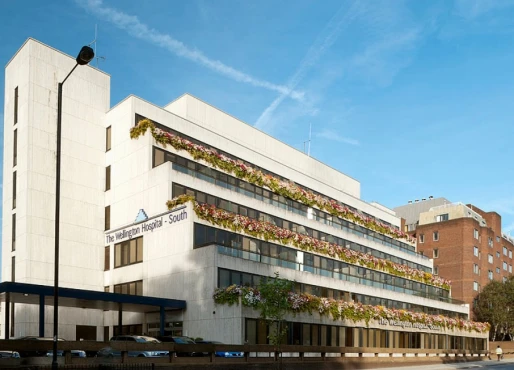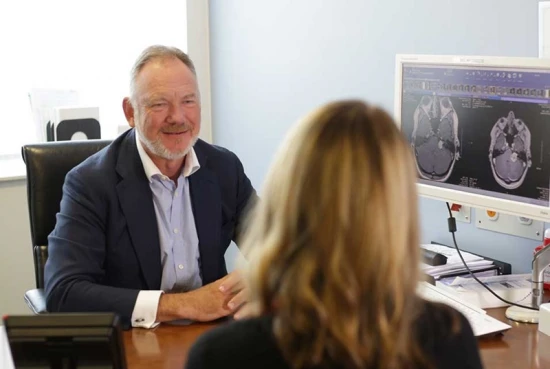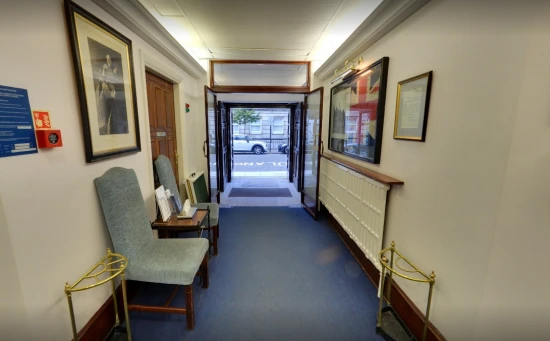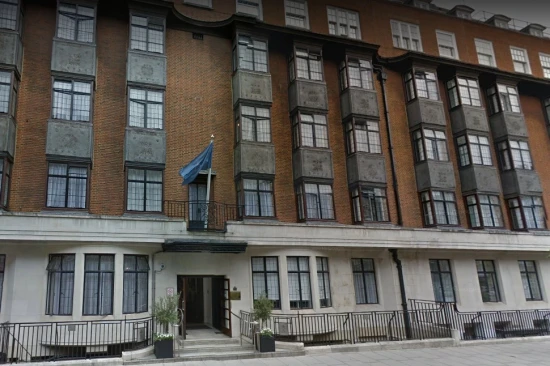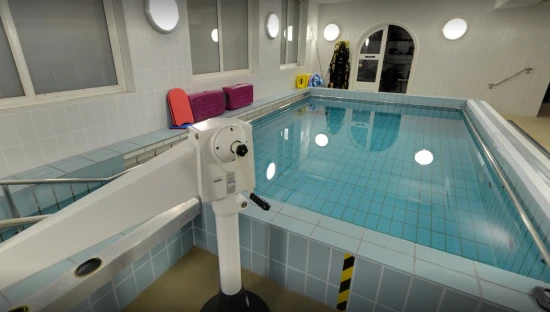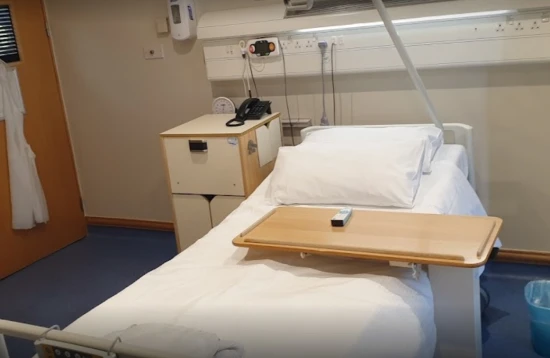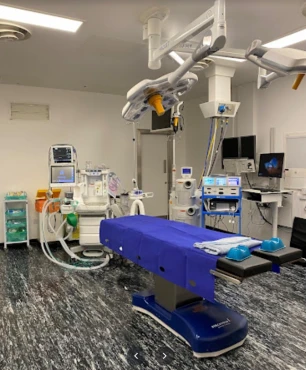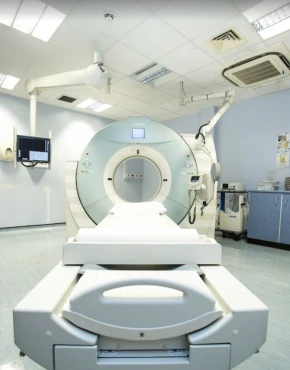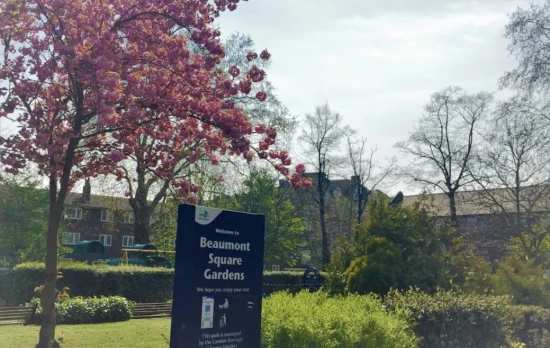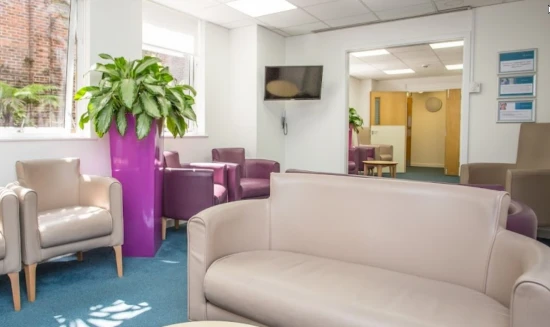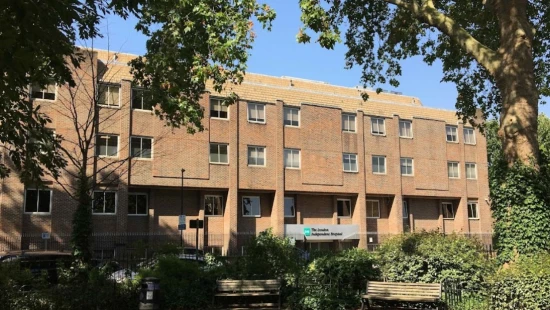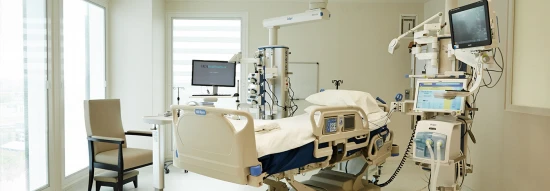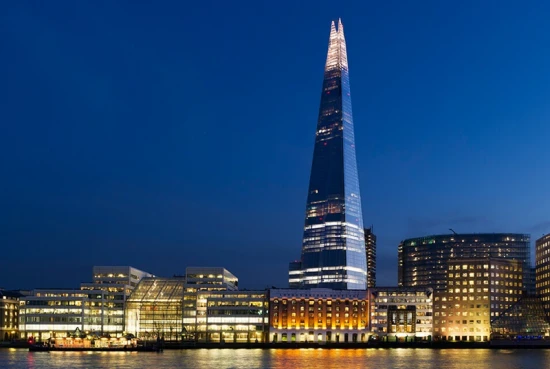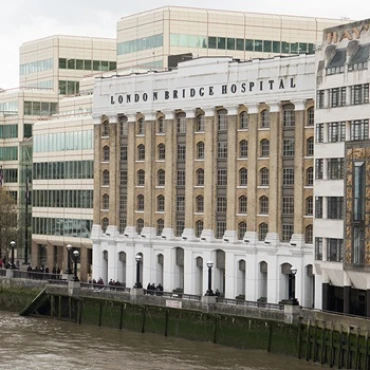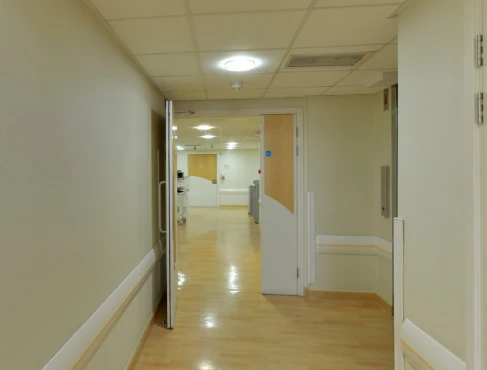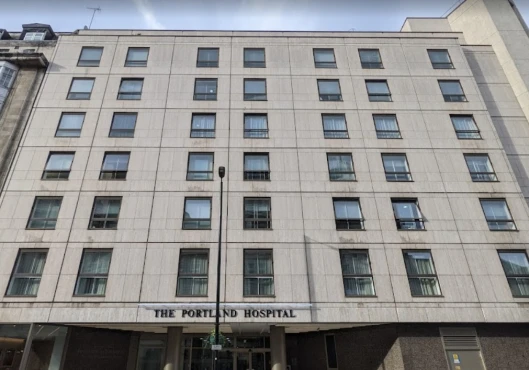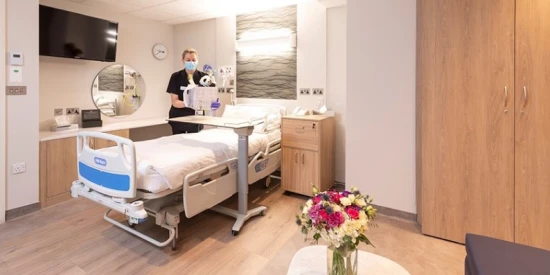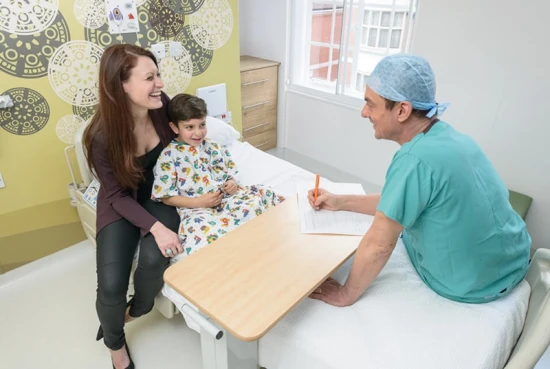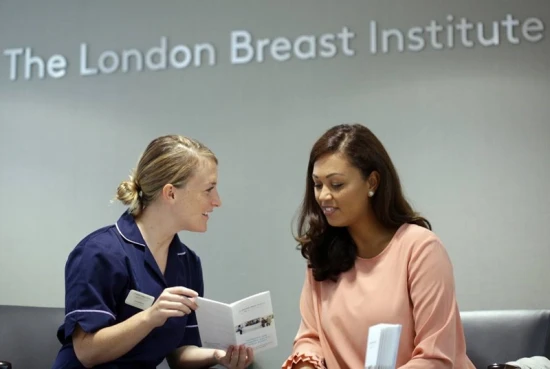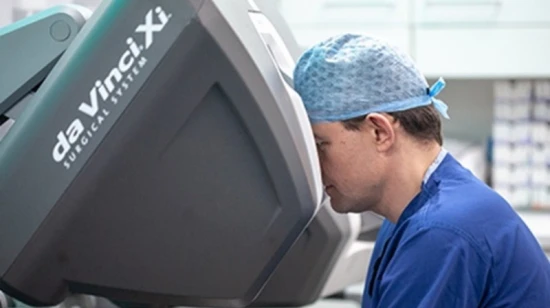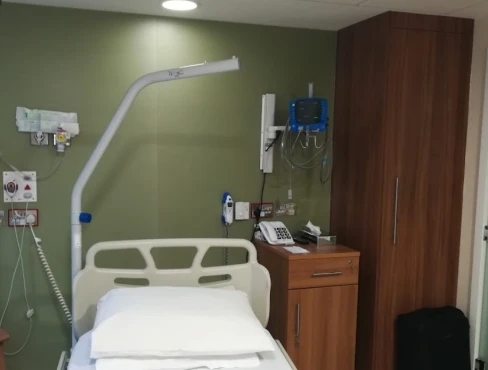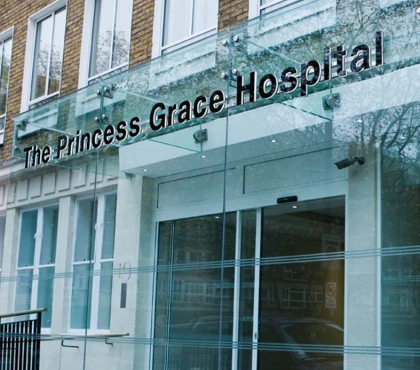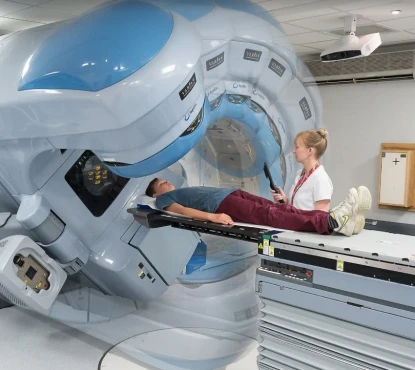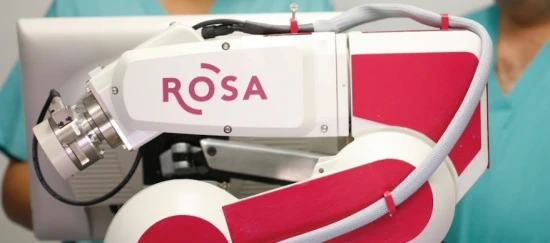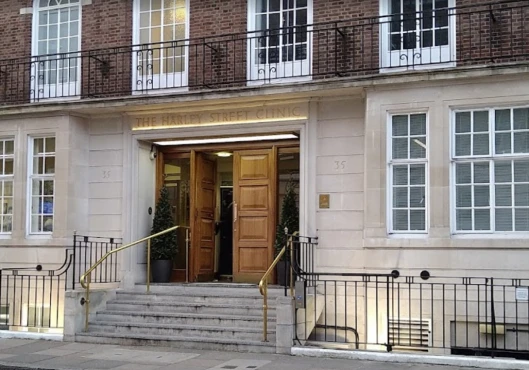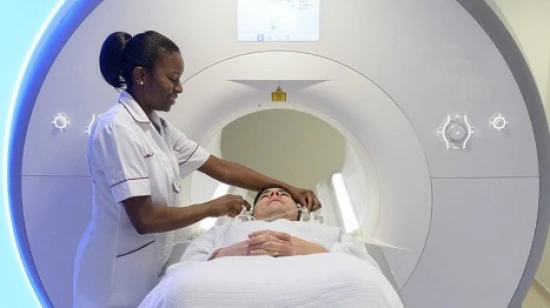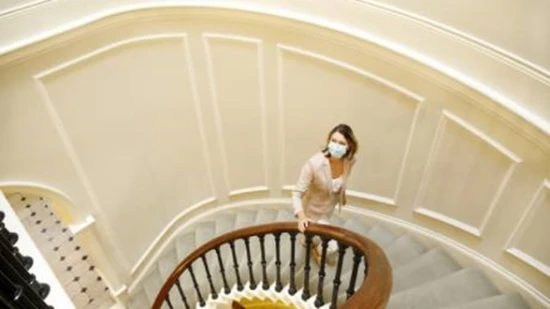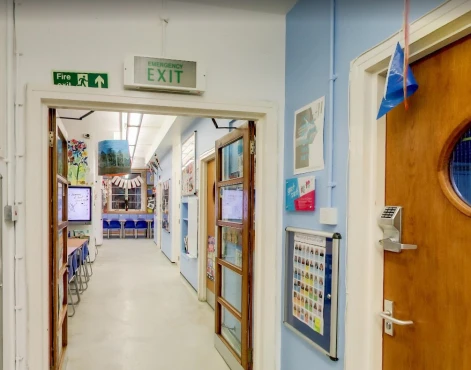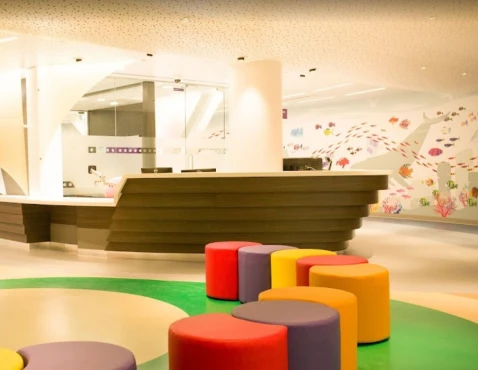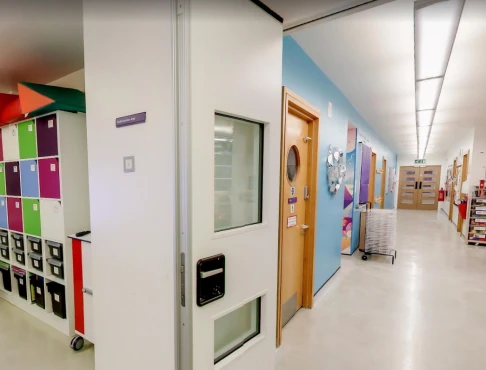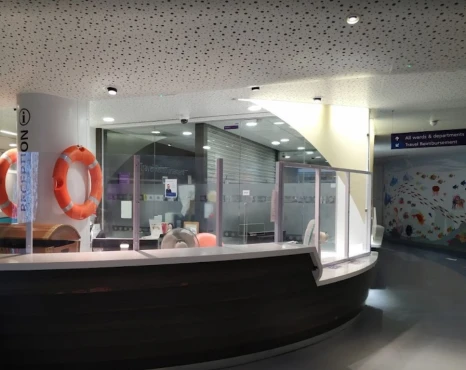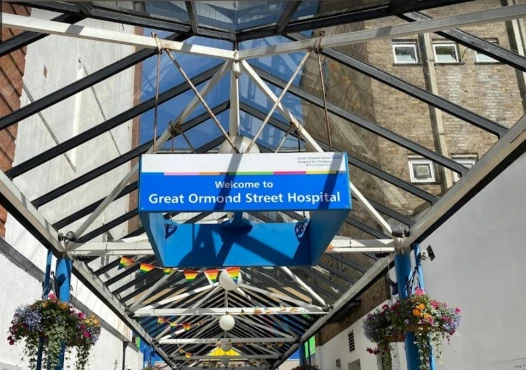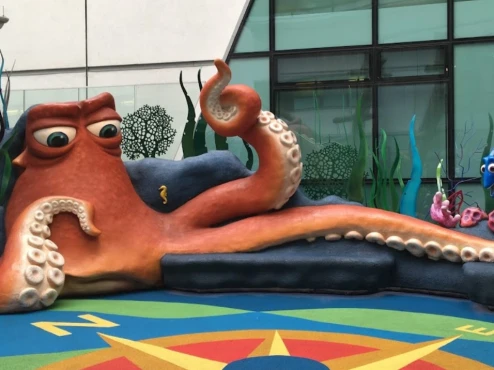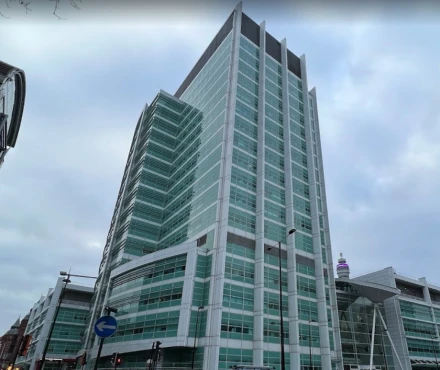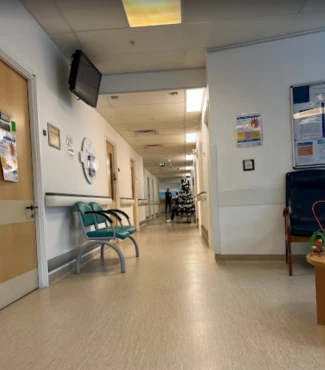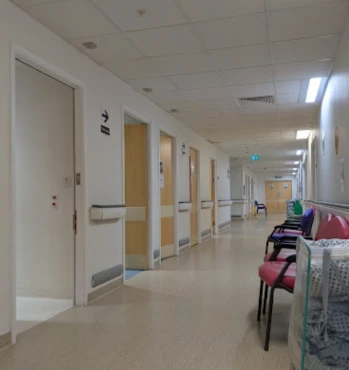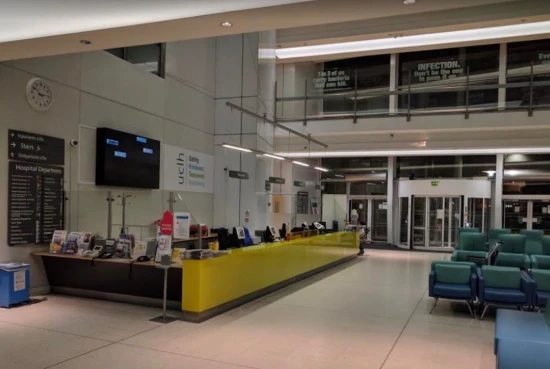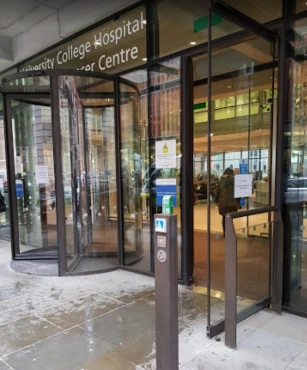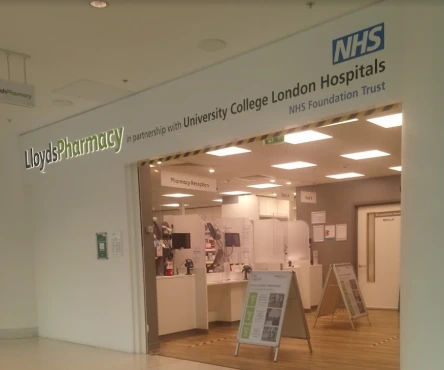from M D
December 07, 2023
My name is Minal and I was hospitalised at UCLH from 21st October 2023 until 28th October 2023 with a nasty infection. I was put on sepsis protocol and I was eventually diagnosed with abscesses. The care and treatment I received from the time I arrived at A&E until I was discharged was exceptional.
I was in such a bad state that I cannot remember all the names of the staff who looked after me, but I have to mention the nurse in A&E majors, Davinia Sabater Guijarro, as she took care of me with a lot of kindness and compassion. She was brilliant!
Eventually, I was admitted to medical ward only briefly and then gynaecology ward. Nurse Reena from the medical ward was very kind, although I was only there for a very short time. Some of the nurses on gynaecology ward who looked after me were Nurse Erlou, Nurse Sidikat, Nurse Jordine, Nurse Kawser, Nurse Olu, Nurse Nishma, Nurse Bushirah, Nurse Antonio, HCA Maureen, Ward physio Bethany and many other nurses and healthcare assistants to whom I am very grateful to for the care and support they gave me whilst I was on that ward.
The Gynaecology team led by Dr Naaila Aslam were fantastic and I feel that I am here and alive today because of them. My local hospital had sent me away with Trimethoprim and a wrong diagnosis just the previous day. Had I not gone to UCLH that Saturday evening, I wouldn't have made it, as my CRP was 400 and I was septic. Thank you to Dr Aslam and her team including Dr De Braud, Dr Tatiana, Dr Neha, Dr Julie, Dr Omar, Dr Hannah, Dr Alison and everyone in that team. They saved my life!
When I had my procedure to drain the abscess, the nurses were so supportive including nurse Kit and nurse Emma. There were other nurses in that room too, but I don't recall all the names. All were wonderful. I would not have got through that procedure without their words of support and encouragement, in particular Nurse Kit and Nurse Emma.
I hope the above mentioned staff and anyone who looked after me reads this review. I am forever grateful to them.
UPDATE (5th December 2023): I spent a further two nights at UCH when the infection returned. Lots of wonderful nurses and healthcare assistants in A&E majors and same day emergency care (thank you Dr Maria Marouli and Nurse Jennifer). Another positive experience on gynae ward. Nurses Warda, Queen, Alena and Clare were all very kind, attentive and extremely competent.
from W Huang
December 07, 2023
There were so many patients in the A&E, i suffered with severe pain with kidney stone sym on Wednesday night 08/12/2023,staffs are well trained and doctors and nurses are very helpful. I had my CT scan and blood test results with in two hours. specially thanks to Dr. Bolloju and Dr. Galica, they are such nice doctors showed their professionalism, kindness, caring and excellent management skills.
from Jiji
November 28, 2023
Amazing service was feeling really unwell seen unbelievably quickly. The doctors and nurses were great very sympathetic and understanding. I attended the emergency day care Dr Johnny and dr harder also his staff were great provided a really immaculate service. The hospital is clean and well kept thank you all
